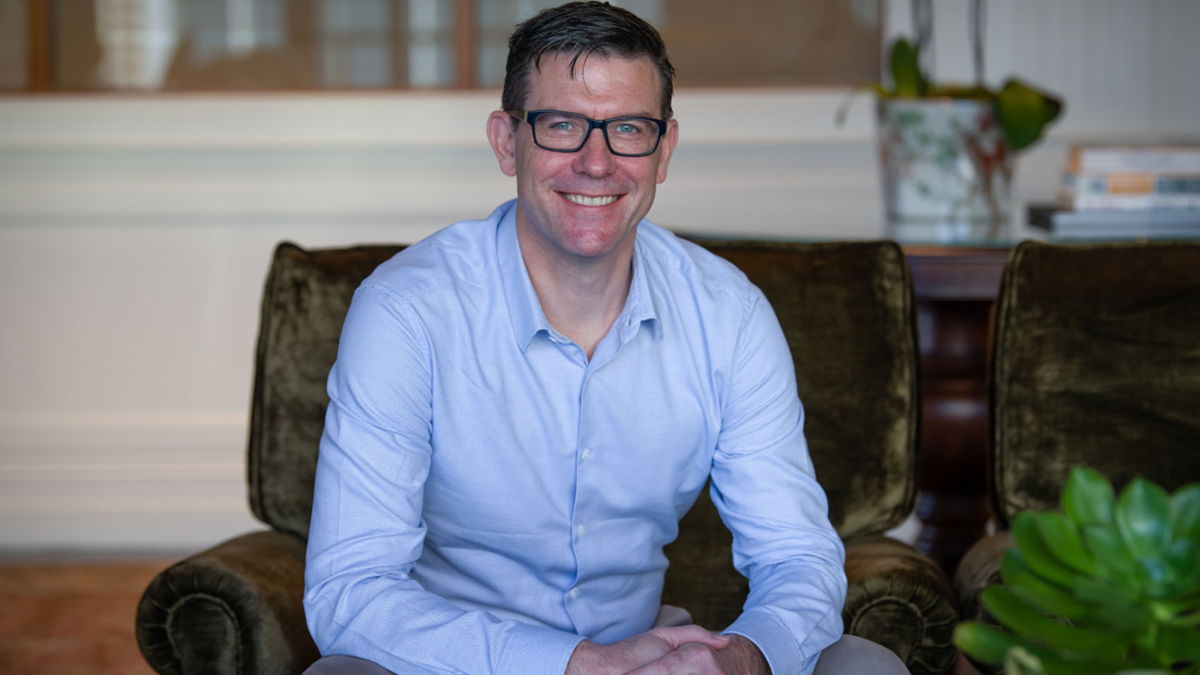HOPE ‘proves the machinery works’ for housing fund
As the ‘Australian Dream’ of home ownership takes on nightmarish dimensions – and more and more people slouch from rental to rental amidst a cost of living crisis – it’s no wonder the idea of using superannuation for housing has been resuscitated once again.
But there are other avenues to get super involved in home ownership, and HOPE Housing is part of a growing cohort of asset managers proving out new ways for super funds and other investors to help essential workers – like nurses, police and firefighters – into the housing market.
“Home ownership and how people attain it is at the centre of every conversation at every dinner table or barbecue,” Tim Buskens, CEO of HOPE Housing, tells ISN. “It’s just behind the cost of living as the next biggest issue that people think about nowadays in Australia, and there’s a lot of people searching out there.”
HOPE’s solution is a shared equity contract, distributed through banking partners like Police Bank, with HOPE co-investing up to 50 per cent of the value of the house and taking 50 per cent of the upside when it sells. Formed by Buskens and Pacific Equity Partners co-founder Tim Sims, HOPE’s wait list has grown from a “handful” to around 3000 people over the last year or so as it “proves the machinery works and shows the system in action”.
“Those 3000 essential workers would represent a fund to the size of $1.5 billion – probably, with growth of the market, closer to $2 billion,” Buskens says. “It’s not the traditional landlord model that the commercial asset owners think about; they about a rental yield model with some level of capital growth. This is the closest think you’re going to get to an institutional owner-occupier model with substantial capital growth that you’ll unlock over time.”
In January 2023 HOPE had just purchased its first three properties. Since then it’s reviewed more than 50 properties in Sydney across a mix of detached homes and apartments, of which 17 are now in its portfolio. That’s supported 26 essential workers into housing, Buskens says, as HOPE works towards the three-year track record that’s key to enticing big institutional investors into a new strategy.
“Our investor base is still in the self-made millionaire market – those people that have built businesses themselves and done incredibly well from them,” Buskens says. “They understand and see the opportunity, and know what good value looks like; they’re the first movers. We’ve got more superannuation funds around the table and there’s a lot more interest from the institutional market. They’re particularly interested in the track record and the outperformance we’re developing.”
“It’s just about proving the models work, and we’re starting to get recognition.”










